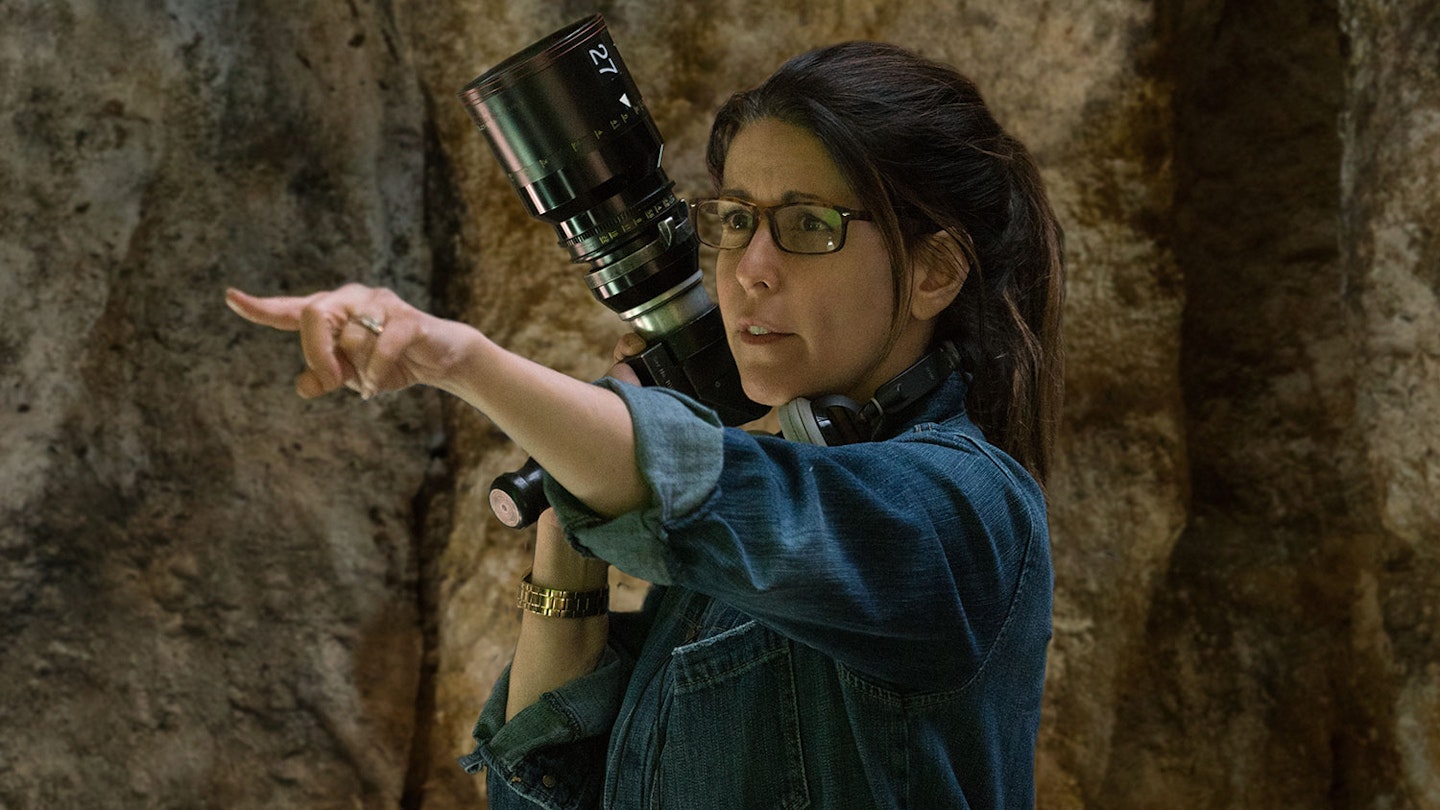Wonder Woman 1984 is not only two days from release, but it's an actual, bone fide blockbuster appearing in real, bricks-and-mortar cinemas as well. And if that isn't the perfect way to round off the year then we don't know what is. To celebrate this joyous occasion, we'd like to share this interview, conducted by Empire Editor-In-Chief Terri White during the film's scoring, in which Jenkins talks about the power of superheroes, her inspiration and her fight to get Wonder Woman made in the first place.
Patty Jenkins is in a cracking mood. You sense she’s always in a cracking mood, but especially, particularly today. Empire meets her in the bowels of Abbey Road Studios in north London, where she’s scoring Wonder Woman 1984. As she greets us, she jabs a finger in, well, wonderment towards the glass, on the other side of which stands Actual Hans Zimmer.
You sense she still can’t believe it. We can’t believe that she can’t believe it. But it makes a little more sense when the director confesses, within seconds of sitting down, that, “I never thought directing could be like this. I love being here and I love doing this and I love my job.” She pauses. “I would have never said I loved my job in the past. It was always something I was addicted to that was incredibly unpleasant and challenging. This is the first time I’m like, ‘Oh wow, I love it!’”
It’s the start of a fascinating, full-throated, career-crawling conversation with a filmmaker who after just two films made it onto Empire’s 30th birthday list of the most influential filmmakers of our lifetime, but — as she reminds us — it wasn’t so long ago that she was living on credit cards and struggling to get her R-rated movie about a dog made…
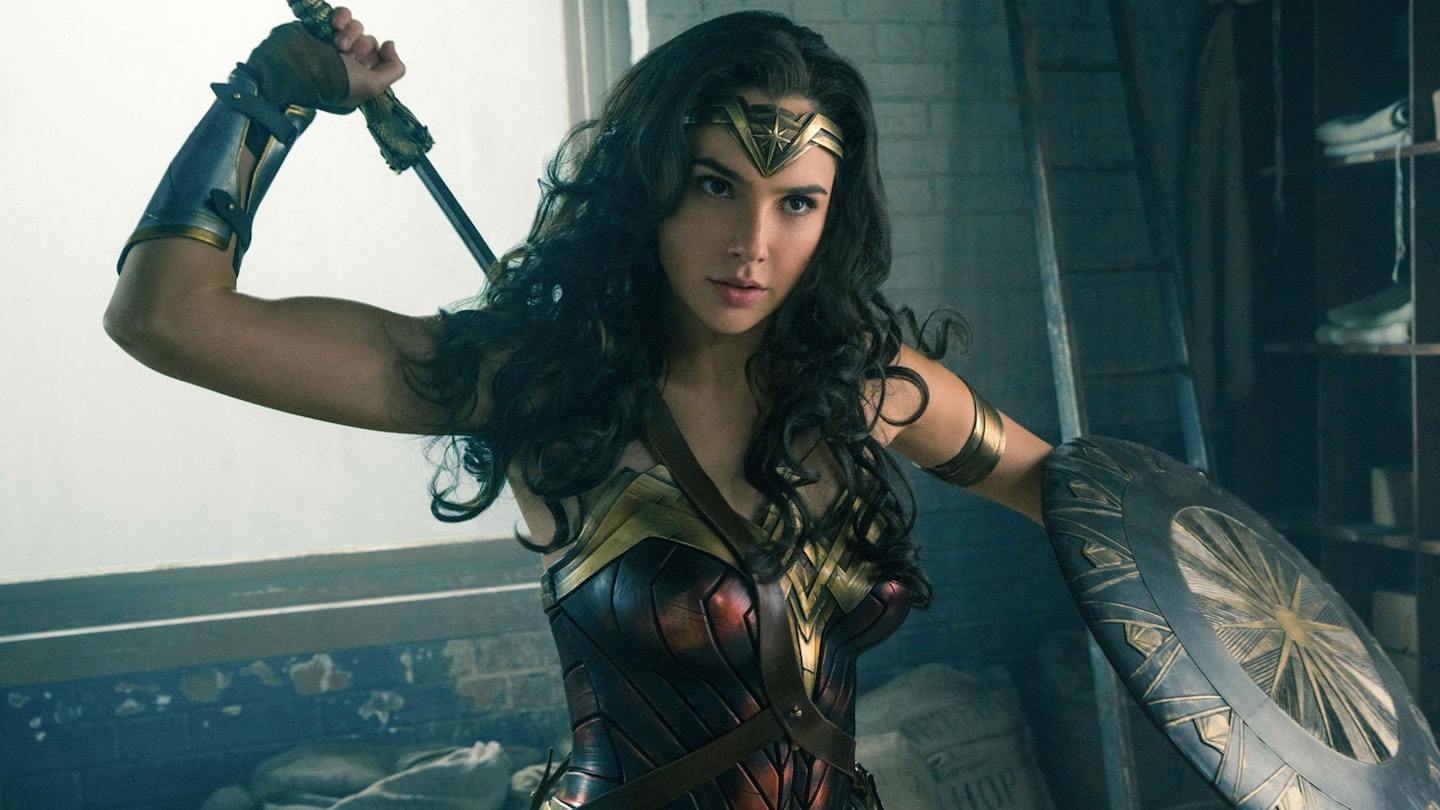
When you say you were addicted to something “unpleasant and challenging”, is there a part of you that feels directing should be painful?
There was. Particularly starting my career with Monster, the two things very much went hand-in-hand. That it would take absolutely everything and be challenging to the core in this very soul-shaking way. [But] getting to make something like this, where it’s huge and challenging, but delightful in every way, as well. And you laugh and you’re with your friends!
So have you found joy in it?
A lot of joy. Like, this is what I’m getting to do today: scoring at Abbey Road with Hans Zimmer and he’s playing beautiful music and I’m getting to watch him work.
Let’s go back to Patty in 1984…
From very young, I was into avant-garde comedy and electronic music and punk rock. I was here [in the UK] for a while when I was in the fifth grade and I remember seeing punk rockers and I was like, ding, ding, ding!
You were also into comedies like The Young Ones?
Hugely. When The Young Ones came on, it drew my attention. So I started watching French And Saunders and Comic Strip Presents… And I was watching [American variety show stars] Carol Burnett and Bob Newhart, so comedy and music were my two first loves. Film less so, even though I did watch a lot of interesting films.
Can you remember the first film you saw in a theatre that really had an impact on you?
Superman. It’s one of the reasons I’m here today, because I had a profound experience seeing that movie as a seven-year-old. And it spoke to me and moved me and inspired me in a very deep way.
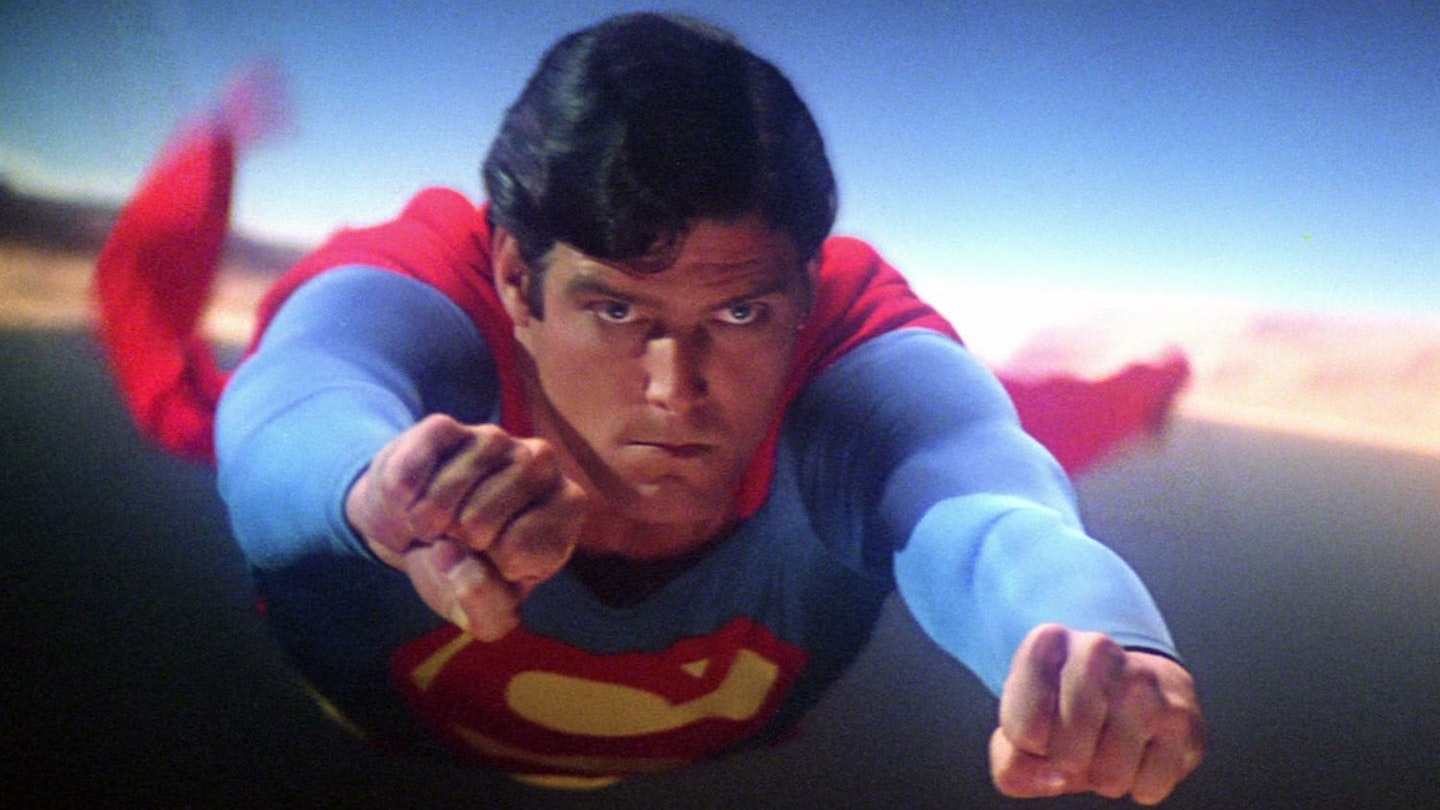
Why did it inspire you so much?
Not to deep-dive into too personal… but my father had died a month before that movie came out. So I just went to go see a superhero movie. You expect it to be silly or nothing. And it was so profoundly honest in a way about the loss of the father, and the boy on his own and who he became. And I was Superman. So when Superman overcame his loss and moved forward and became a hero and was brave and yet he had weaknesses, it was me. And it’s why to this day I believe in the metaphors of superheroes so deeply — we always used religious figures or mythical figures to tell these universal stories. Right now, superheroes are our amazing vehicle for doing that. A lot of people can do really stupid things with superheroes, but they’re ripe for the picking to do profound things with.
Do you think they’re needed now more than ever?
Yes. Passionately. And it’s a tricky line. You don’t want to be preachy, but we have got to talk about what’s happening in this world. You know, there was a period of time that I was like, “I’ll do one and maybe I’ll do two.” Now I’m like, “I don’t care about my career. I could do 13, 14 superhero movies in a row and become Anonymous Superhero Director 7, you know?” If you can be a part of trying to inspire younger people of the next generation to be heroes, that’s what we’re going to need in this world.
Can you talk about the role of sincerity? There was great sincerity in Superman. And Wonder Woman felt incredibly sincere.
This has been a very long-term, ongoing theme in my life. I went to a very high-brow, snobby art school and conceptual art was the name of the game. And it was so insincere on every level. And to do something sincere was out of fashion. The things that moved me to be an artist were sincere: death, tragedy, love and fear. I remember trying to do emotional things and being laughed at and it was embarrassing. And I remember the punk-rock fury inside of me said, “Oh, I’m going to fucking do this and I’m going to keep fucking doing it until I figure out how to do it. And I’m not going to stop because I don’t think that being afraid to be vulnerable and exposed is art.” And so still to this day, this is my sport. Calibrating the line of moving people and speaking to people emotionally is the only thing I’m interested in. I’m not interested in being in fashion or being cool because history does not make me believe that that has a very profound effect on anything. And so I want to dance with beautiful things in this world.
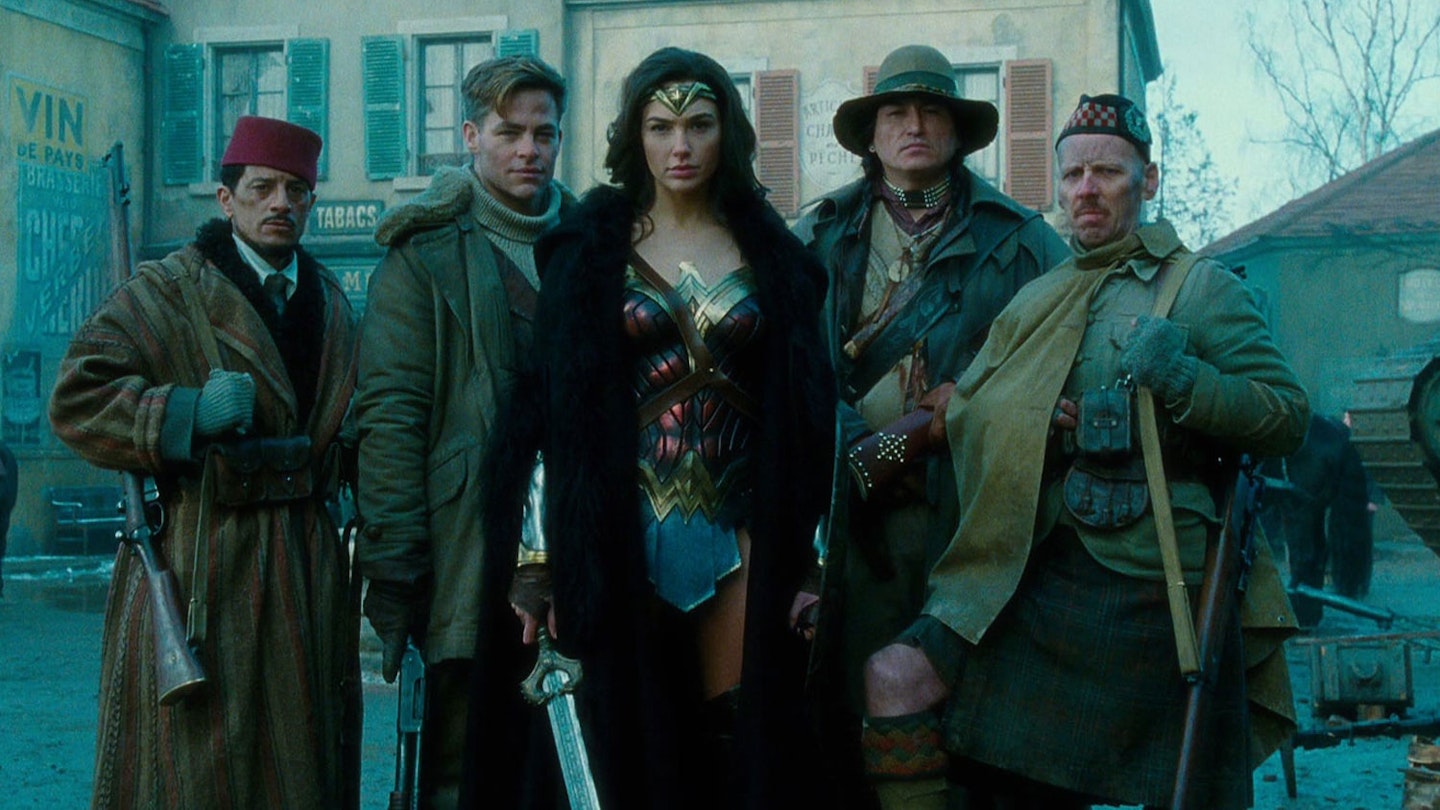
Why are people scared of sincerity?
Because it’s vulnerable. That’s it. That’s all it is! It’s what I say about dark filmmaking — I started with that, I find it much easier. I feel like I could be winning awards much more… You could be in a different world if you just stayed dark and serious, dark and serious, dark and serious. I can hit those buttons over and over again. To try to be sincere and move people, that’s a much harder sport to me.
Presumably that means taking your ego out of it? Because as you say, there are certain types of films that win awards.
Those things are great, but that’s not what I’m here for. I don’t get anything back from that. Of course, your ego gets something back from that, but participating in an emotion with an audience, that’s much more addictive.
It was when you lived in New York in the ’90s that you started doing film work.
Yeah, I got an internship at a commercial production company. Then I got onto a set and became a camera person for nine years. At the time, I remember only wanting to be a writer-director, so feeling very frustrated. But in retrospect, it was a huge education. I think it’s made me, in great parts, able to direct.
Were you writing outside of your day job?
I was trying, but not succeeding because I was always working. So I just abruptly quit and went to AFI [the American Film Institute] as a way to just stop and think about directing and writing all day long.
Did that solidify for you that directing was the thing you had to do?
I never decided to be a director, nor did I ever question being anything else. It’s almost compulsive. Because I’m not interested in being a director — I want to make the film. And so therefore that’s what you have to do. If I’m going to be the one to choose which image goes with which picture, I have to be a director.
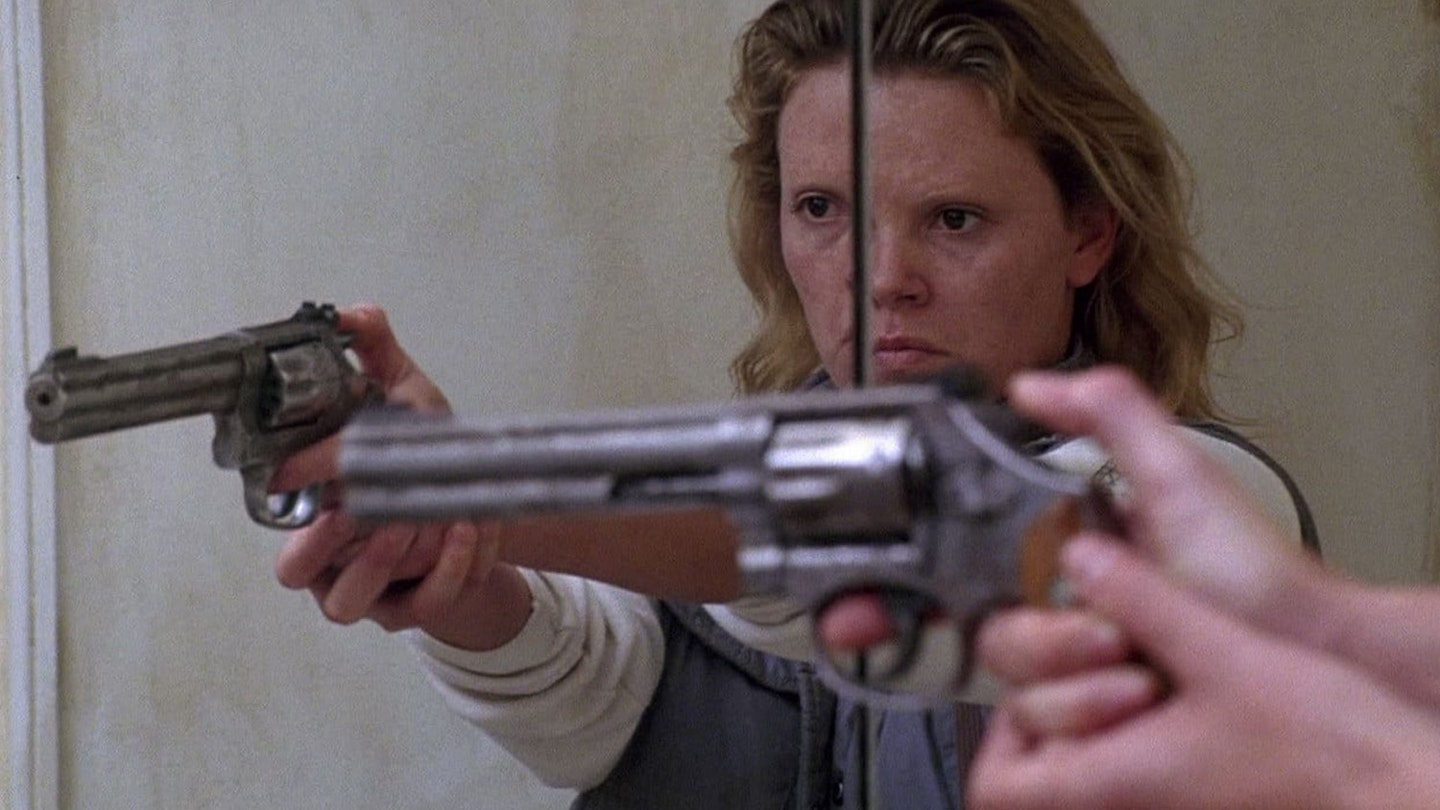
And you did Monster very quickly after you graduated.
Yeah, it was a whirlwind experience. I went to AFI. I took out student loans. I was in so much debt, and I had been writing something that took place at the World Trade Center — people jumping off was the opening of the film. And then 9/11 happened.
Oh my God.
And I was literally at the rock bottom of my career. Like, how did this happen to me? I’m broke. I’m a struggling filmmaker. It’s so cliché. I was so lucky to meet Brad Wyman, my producer, who said, “I’m making these shitty serial-killer things — straight to video.” Which led to me rapid-fire-writing Monster.
There’s quite a gap between this guy saying, “I’m making some shitty serial-killer straight-to-video thing,” and where you ended up, which is with Charlize Theron and an Oscar…
As soon as I started writing, I started to take on the responsibility of this person’s life. It no longer became possible for me to make that as a B movie. So I actually wrote a much more ambitious script. Who wants to see Aileen Wuornos as a love story? I do! Probably nobody else. And it was a great lesson, because it was the first time that I wasn’t commercially minded. I was like, “I’ll tell you what I would watch.” It taught me to be authentic to what I’m passionate about. Brad read it and said, “I will make this.” I had written it with Charlize in mind and it opened the door for me to say, “Well, that’s who I really want.”
What kept you writing through the belief that no-one would want it?
At that point, it was my only shot. It was a moment of pure desperation. And so I locked myself up and wrote it in seven weeks and just wrote for 24 hours a day.
Was it difficult to retain creative control?
Oh, yeah. I did end up having complete creative control, but it was a battle the entire time. It was brutally hard. [But] I was lucky in a couple of ways. People were so out of their depths with what I was doing, they didn’t have any opinion. And luckily I had Charlize by my side. Any time the heat started coming for me… a couple of times we had a producer say, “Can’t she just smile a little more? Look a little better?” And I was like, “You should talk to Charlize about that.” And Charlize would say, “What?!” I was lucky to be partnered with somebody strong and brave and with a shared vision.
Because of Charlize and the Oscar, did people assume that you’d made it? A big, fat pay cheque, everything’s sorted?
Here’s the hilarious thing. I live in a small rented house right now because I’ve never made a dime until this movie [Wonder Woman 1984]. And I’ve been living hand to mouth, pay cheque to pay cheque, rental to rental, because I ended Monster $100,000 in debt. No money.
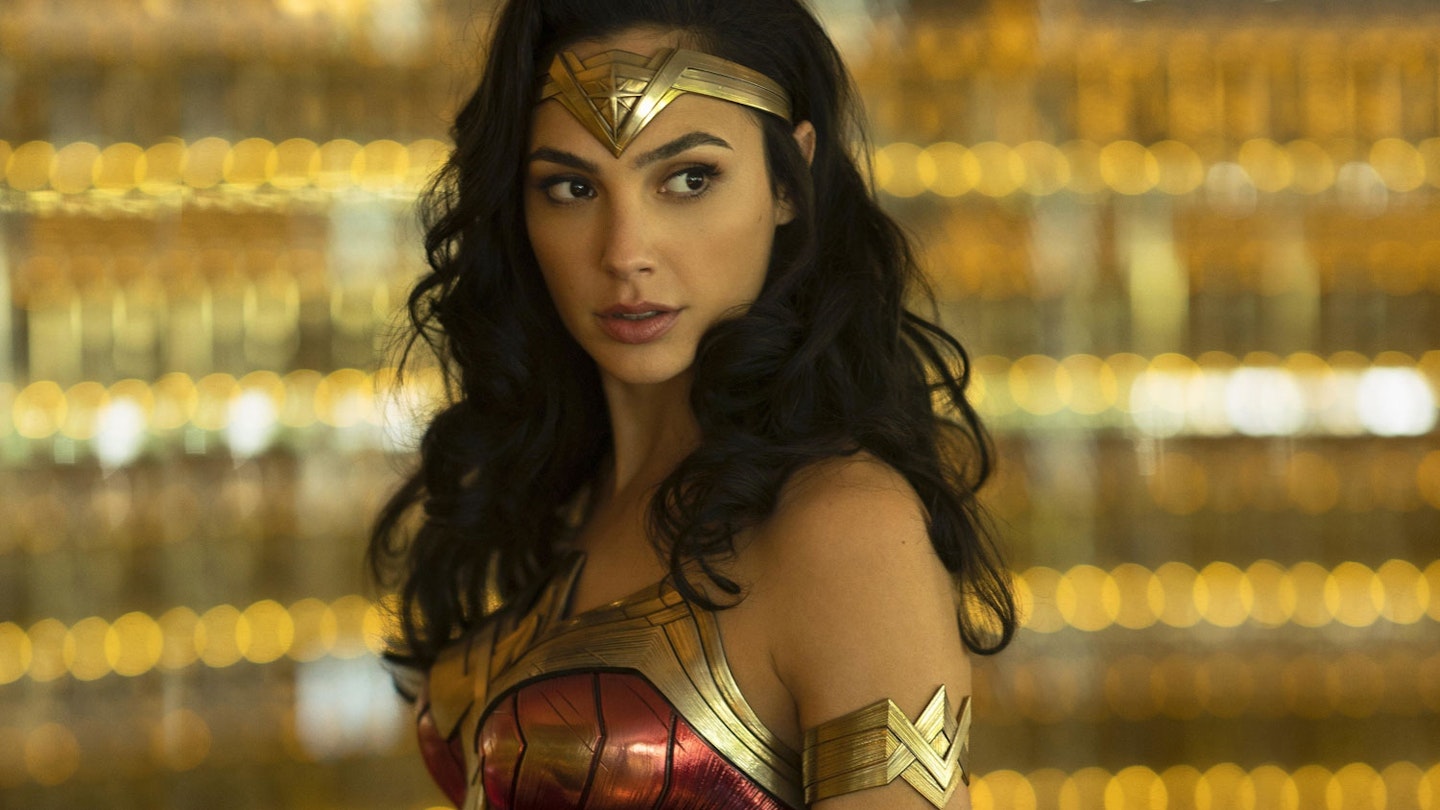
Because you put your own money in?
No, because I didn’t get paid to make the movie. And now I [was] in debt from the credit cards from everything else. I didn’t want to cash in, and I don’t believe in developing the stuff within the studio system, so I kept writing on spec, and then the movies wouldn’t [happen]. I’d do a pilot to try to make ends meet and then I got pregnant. And it was a conscious decision to get pregnant, because I said, “Another movie, even if it’s hugely successful, it’s lateral, you know?” Whereas I could not have a child, which would be fine, too, but that was something I wanted. And I met my husband and we were in love and I said, “Open the door.” But of course I was super-scared, particularly because I had not gotten another feature made in that period of time and not made any money either, and now I’m pregnant. So I assumed I would make another movie shortly thereafter. And then when I had my son, it was different than I thought it would be. So I directed the The Killing pilot. That started a run of doing pilots while he was little.
You were still writing scripts — were you putting them in front of people?
There was one movie, an R-rated movie about a dog, which I spent the entire time leading up to Wonder Woman trying to get made. And no-one would make it. I still love it! I’m so in love with and obsessed with this movie. It takes place in the prison system. It is very dark and very beautiful. And nobody believed in it and it’s a little out-there. But I fucking love it. And I still want to make it.
Do you think it’s harder as a female screenwriter?
Yes, I do. In a weird way, I feel that I’ve always been embraced and offered a lot. More than, I think, men, because there aren’t that many of us, right? So I continued to stay active in the conversation and I’m so grateful for that. I feel like the studio system was always wanting to talk to me and offer me jobs. But I did feel like the jobs they were wanting to offer me were not of a point of view that felt right for me to express. There were a lot of male-visioned versions of female films. My biggest complaint against Hollywood for a long time was: it’s not that you’re not trying to hire women, you need to involve us in what movies should be made in the first place. Because you’re not really interested in my point of view. You want me to walk around on set so you can take a picture of me, but you don’t actually trust in and believe in women-driven content being anything but tampon commercials. Like, there’s something they think is inherently soft about female filmmaking — which is changing.
Those other films you were being offered — was there a temptation to take them for the money, having a family and bills to pay?
Nope. I will direct TV episodes for money, but not a movie.
Did you think at that point you might stay doing pilots?
There was a moment that I was like, “I give up.” It’s not to wave the sexism flag, but I think if somebody directed a movie like Monster who was a man, somebody would have financed their crazy second movie. But me it was like, “Hmm, no.” They were like, “Oh, we’d love to meet with Patty Jenkins,” but they didn’t want to read my script. They wanted me to direct something about a hooker with a heart of gold.
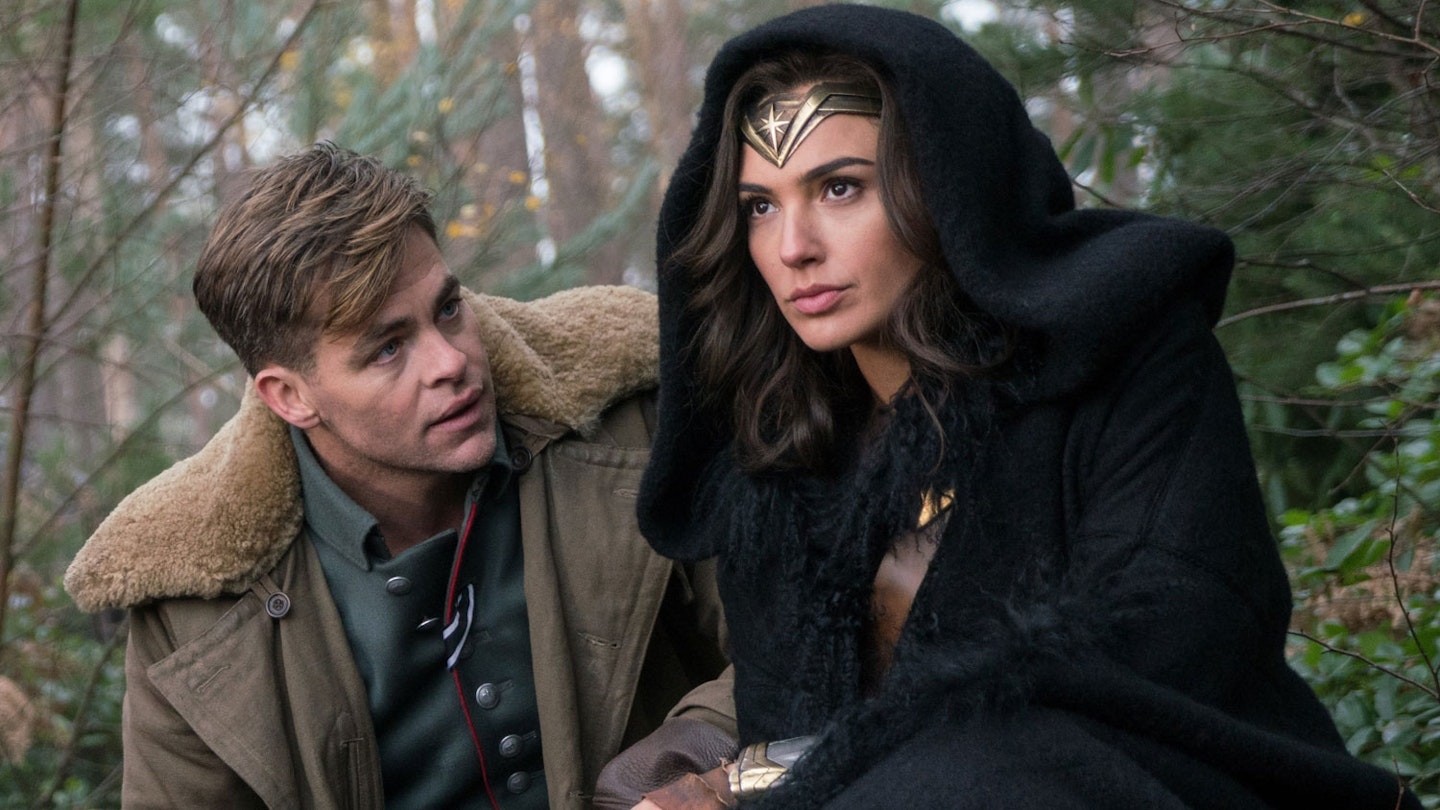
How did the Wonder Woman conversation begin with Warner Bros.?
I’d come to Hollywood very much because of things like Superman, so it was the only studio that I was able to walk into and say, “I want to direct Wonder Woman.” And Chris Nolan was making the Dark Knight series then and they said, “Okay. Cool. So we’re not doing that right now.” Then they sent me a version [of the script] that Joel Silver was working on when I was eight months pregnant. And I was like, “Not now! I’m busy!” I couldn’t even make myself read it. And it’s funny because after those dark moments where it was like, “Wow, I made Monster,” and then I couldn’t get that done and then I had my son and I couldn’t get anything. But to end up getting to do the very next thing I wanted to do anyway, which was Wonder Woman, and getting to spend time with my son feels… I’m so grateful, I could cry. I’m like, “Oh, my God. I got to have him, and I got to make Wonder Woman.”
When did it start to become real?
Before I got the job — because the word was out there that I loved superhero movies and I wanted to direct one — I got Thor: The Dark World. And that was a very heartbreaking story because I was so happy to have gotten the job, but I did not think the script was going to work. I thought that I was going to take the fall for it, and it was going to be a big deal because it was going to look like a woman did it. And so I just dug in, saying, “It can’t be this script.”
Did you just walk away?
I told them I’m not doing the script, and they told me they were doing the script.
There’s a circular narrative with superhero movies: they’re loved by men and boys; therefore men have to make them for men and boys. How did you break that?
I think I got lucky, because they’d followed what they thought was right and it didn’t work out. By the time they hired me, they were very supportive. But it wasn’t easy getting across the finish line. We had our struggles and there was a fear that women would not show up to a superhero movie.
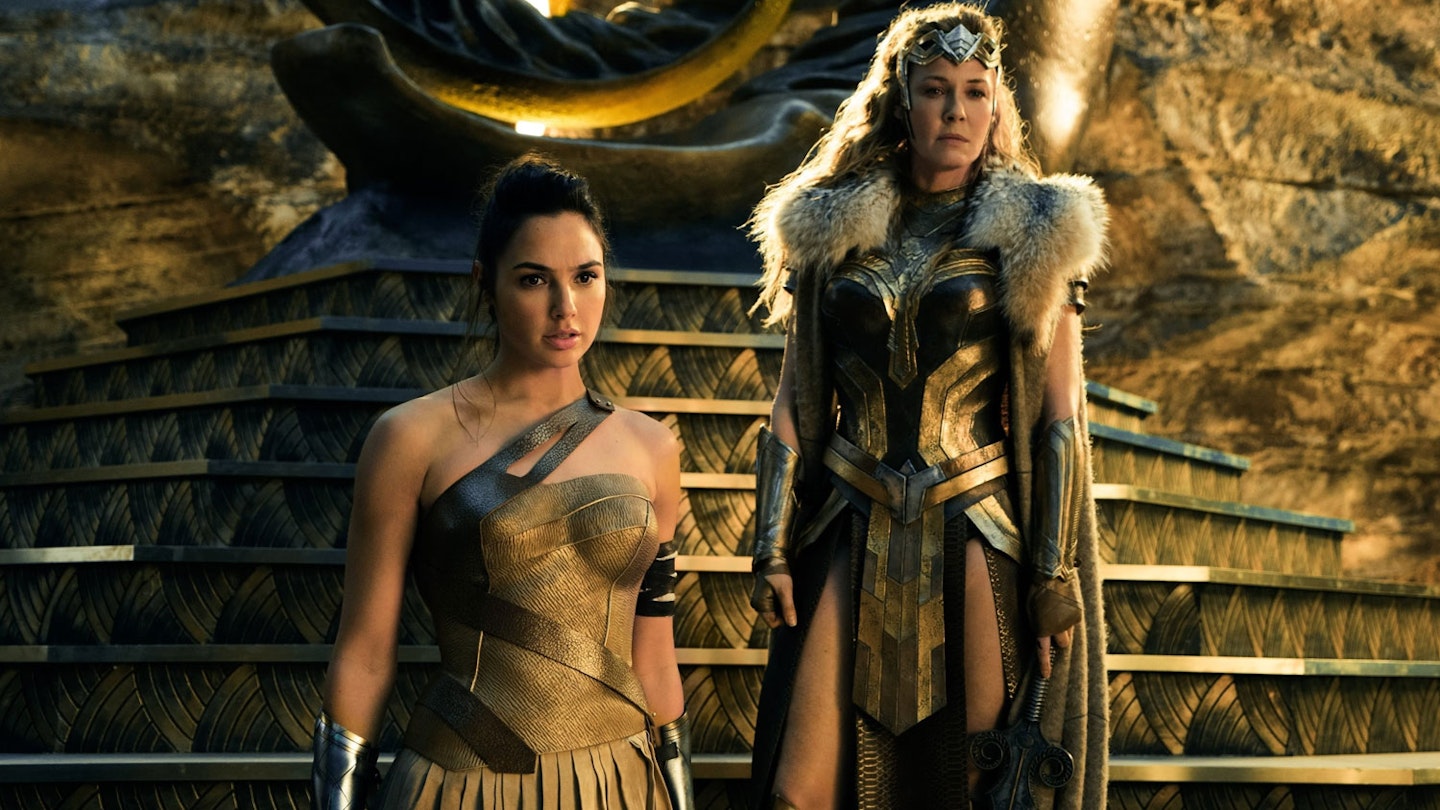
It had been a difficult time for DC, which must have felt like a risk and responsibility.
I feel like it was a real tremor. Like, it was shaking us constantly during the release process. Luckily the movie still was what it was. It was not easy to change the tone. But it was not a tone that people were sure about. They believed in more serious… I feel like the legacy of Chris Nolan’s films was that people thought that’s what DC had to be.
Wonder Woman was a critical and commercial smash. Was there one particular moment when you were like, “We’ve pulled it off!”?
The night the reviews came in. I was laying on my bed meditating and my phone rang, and I saw that it was Gal [Gadot] and I was like, “Fuck, they must be good! If they were bad she would not be calling me.” I was so relieved. And then it grew and grew, and I started getting pictures of women posing in front of the posters. I was like, wow, we’re actually in the middle of an event that I never knew I would experience in my life.
Apart from this film and maybe a third Wonder Woman, what’s next? Your Netflix deal?
I love TV. It allows you to tell a different kind of story. So I really do have a passion for both. And I have a passion for comedy, which I would like to get to do more of in television.
The Young Ones for 2020?
Yes! Exactly.
Originally published in the January 2020 issue of Empire.
